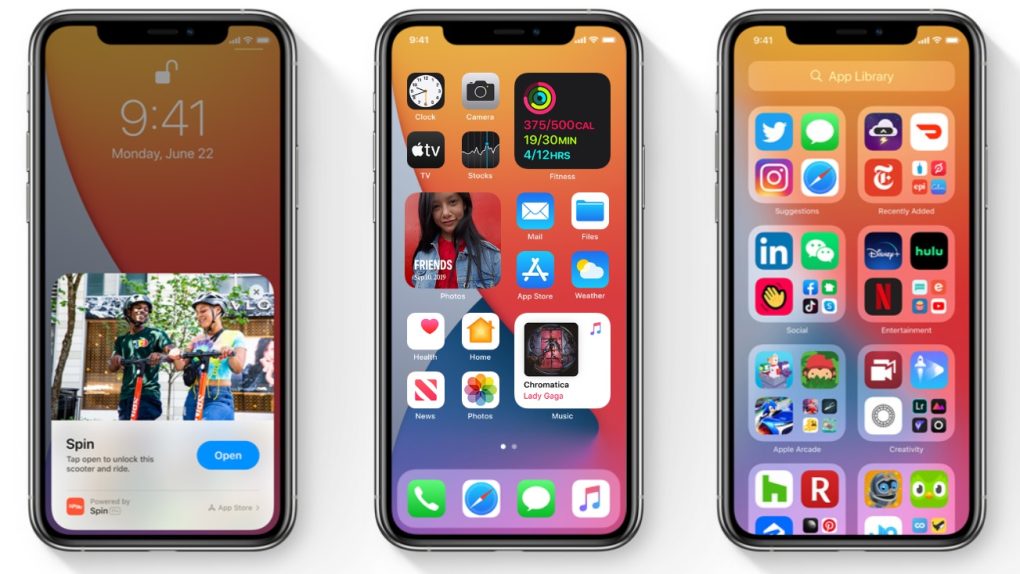iOS 14 brought over a couple of privacy features that sent shockwaves through the advertising industry, prompting a massive Facebook protest. The social network went as far as to accuse Apple that it’s hurting the open web and that the privacy-enhancing features on iPhone and iPad will hurt small business. Many have criticized Facebook’s hypocritical approach, as the new privacy features might impact its bottom line most of all. But that’s not because Apple is enforcing any anti-user-tracking restrictions with the latest iOS 14 features. Developers are still able to track users on iPhone and iPad. Apple is just forcing them to come clean about the kind of data their apps can collect and to ask for permission for tracking.
Apple is already taking measures against developers who aren’t ready to comply. Apps that contain features that can track users without asking for permission are already being rejected.
The two main iOS 14 privacy features rolled out in phases. The app privacy labels feature is already available. It’s the feature that shows what data iOS apps collect from devices. iOS 14.5 will enable the App Tracking Transparency feature to force all developers to ask users to allow tracking.
All apps running on iOS 14.5 will have to show a prompt to users asking for explicit tracking permission. Forbes has learned that Apple is already rejecting app updates that ignore the new privacy policy.
“Our app just got rejected by Apple’s app reviewer, blaming the MMP SDK for building a fingerprint ID,” Aude Boscher, a growth marketing product manager at Heetch, said in a Slack conversation “I saw other people complaining … so it might soon come up for you as well!” Heetch is a French transportation startup.
The report notes that up to 50,000 app updates might have been rejected for not adhering to the new iOS 14 features. This can be seen as a sign that Apple is going to roll out the final iOS 14.5 build soon.
When rejecting app updates, Apple explains exactly what’s wrong with the build a developer has submitted for approval. In this case, the apps feature tools that can identify users. “Your app uses algorithmically converted device and usage data to create a unique identifier in order to track the user,” the message that Apple sent to developers when rejecting app updates reads. The message also highlights the kind of information the app can collect. Apple reminds developers that neither them nor their apps can use “any permanent, device-based identifier, or any data derived therefrom, for purposes of uniquely identifying a device.”
To have the apps approved, developers will have to remove any functionality from their apps that create a unique identifier that allows tracking. Apple also warns that “attempting to hide or obfuscate code designed to fingerprint the user’s device or otherwise evade the review process” can lead to the termination of the developer account.
The impacted apps might contain a third-party software development kit that enables fingerprinting techniques. Mobile marketing analyst Eric Seufert said on Twitter that the SDK in question might be coming from Adjust, a mobile measurement company.
Forbes explains that determining the uniqueness of a user requires plenty of data collection:
Device fingerprinting, sometimes called probabilistic attribution, uses a large amount of data about a device to identify it. A measurement company might, for instance, collect data on software version, time since last system update, time since last restart, location, time zone, and more: even things like battery status, charging level, and amount of disk space.
If apps want to track users in iOS 14.5, they will have to ask for explicit permissions.
Adjust has updated its SDK, removing the code that accesses data, including CPU type, memory, charging status, battery levels, and others. Its SDK is used by about 50,000 apps, according to its own claims.








